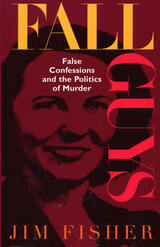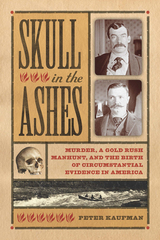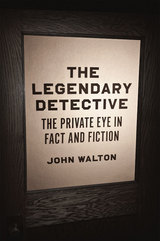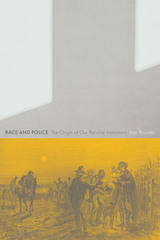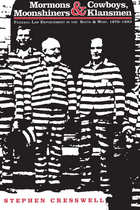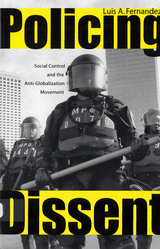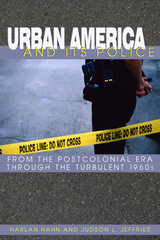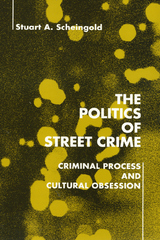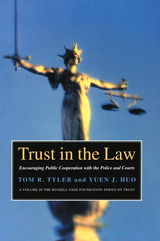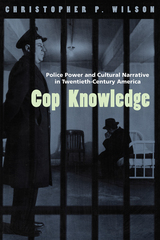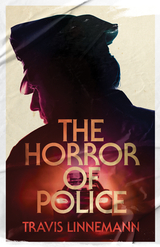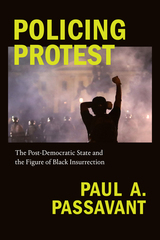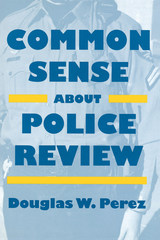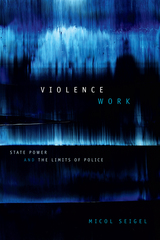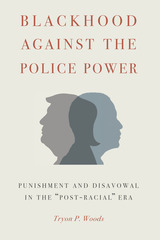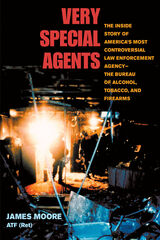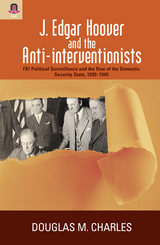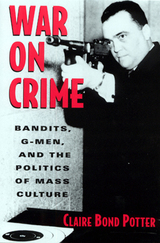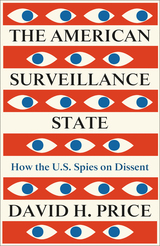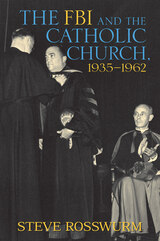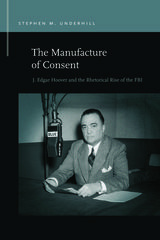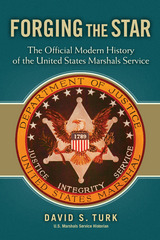Excited Delirium: Race, Police Violence, and the Invention of a Disease
Duke University Press, 2024
Cloth: 978-1-4780-2632-7 | Paper: 978-1-4780-3055-3 | eISBN: 978-1-4780-5956-1 (standard)
Library of Congress Classification HV8141.B38 2024
See other books on: Black people | Disease | Hispanic Americans | Invention | Law Enforcement
See other titles from Duke University Press
Cloth: 978-1-4780-2632-7 | Paper: 978-1-4780-3055-3 | eISBN: 978-1-4780-5956-1 (standard)
Library of Congress Classification HV8141.B38 2024
ABOUT THIS BOOK | AUTHOR BIOGRAPHY | REVIEWS | TOC | REQUEST ACCESSIBLE FILE
ABOUT THIS BOOK
In 1980, Charles Wetli---a Miami-based medical examiner and self-proclaimed “cult expert” of Afro-Caribbean religions---identified what he called “excited delirium syndrome.” Soon, medical examiners began using the syndrome regularly to describe the deaths of Black men and women during interactions with police. Police and medical examiners claimed that Black people with so-called excited delirium exhibited superhuman strength induced from narcotics abuse. It was fatal heart failure that killed them, examiners said, not forceful police restraints. In Excited Delirium, Aisha M. Beliso-De Jesús examines this fabricated medical diagnosis and its use to justify and erase police violence against Black and Brown communities. Exposing excited delirium syndrome’s flawed diagnostic criteria, she outlines its inextricable ties to the criminalization of Afro-Latiné religions. Beliso-De Jesús demonstrates that it is yet a further example of the systemic racism that pervades law enforcement in which the culpability for state violence is shifted from the state onto its victims. In so doing, she furthers understanding of the complex layers of medicalized state-sanctioned violence against people of color in the United States.
See other books on: Black people | Disease | Hispanic Americans | Invention | Law Enforcement
See other titles from Duke University Press

